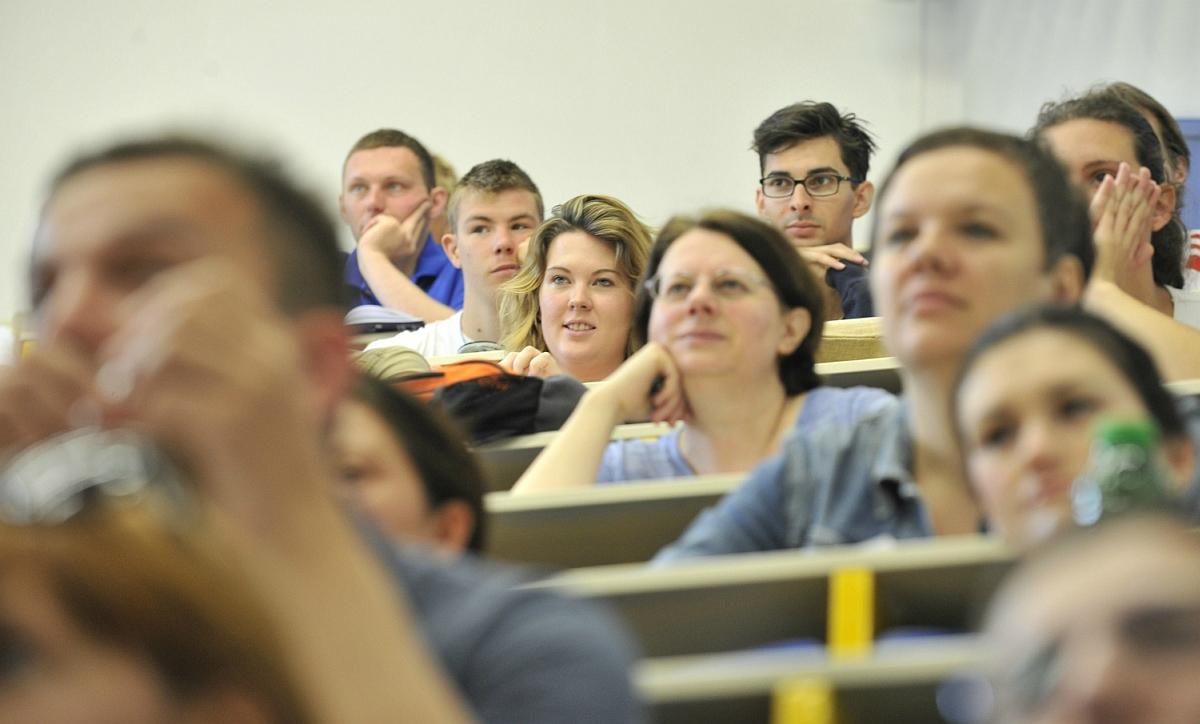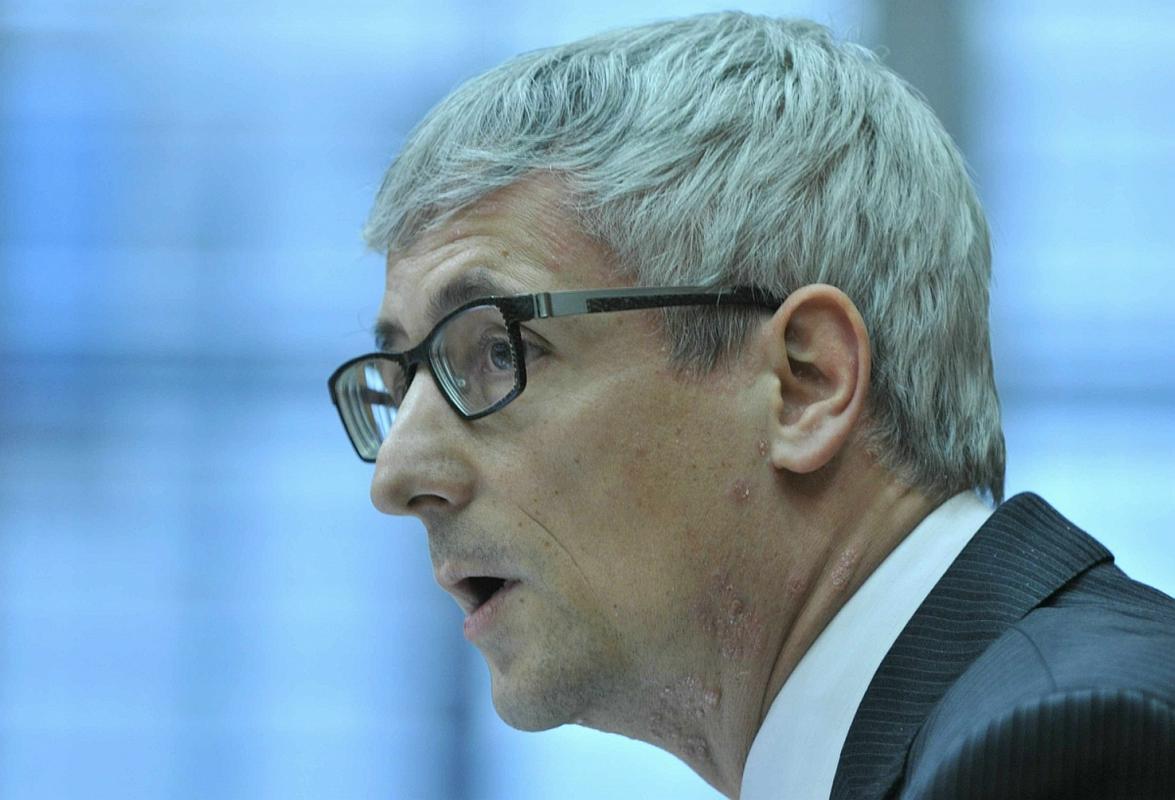

The panel discussion of the proposed act on higher education will be open until November 29, but as it seems at least one more round of public discussion would be necessary, as numerous corrections and amendments were suggested during the ongoing discussion. The existing act needs changes also due to the order by the Constitutional Court from 2011. As explained today at the round table discussion at the Faculty of Arts by Mišela Mavrič, Acting Director-General for the Higher Education Directorate at the Ministry of Education, Science and Sport, a new act should primarily regulate the financing, the quality of higher education, and abolish part-time study.
The novelties the act proposes are several. The Ministry among other changes proposes the possibility of free study for all who have not yet taken advantage of the possibility, regardless of age; suggests stricter conditions for awarding concessions to higher education institutions, abolishes part-time study and opens Slovenian higher education sphere to foreign accredited institutions. The most delicate novelty could probably be considered the introduction of payable study. The higher education institutions would be able to invite applications for payable study, but only for up to 40 percent of the available places for separate study programmes, and only after all the available places for full-time, free study at the programme in question have been taken.
Payable study: "Instead of slaying the dragon, we subdued him to the yoke "
The president of the Student Council president at the Faculty of arts and doctoral student Janoš Ježovnik welcomed the announced abolishment of the part-time study. "It was time we recognized the part-time study for what it was: a mechanism for marketing the study," he said. He is critical of payable study. "Instead of slaying the dragon, we are trying to subdue it to the yoke. Yet dragons won't be subdued," he imaginatively warned of the pitfalls this novelty brings. The vice-rector of the University of Ljubljana Goran Turk agrees that the abolishment of part-time study would be positive, as there is too much of it, and the commercialisation was too large. He claims that it is even worse that part-time study was executed in restricted form, and the standards for paying students were lower. Turk’s general opinion on the proposed act is positive.
Jaša Lategano, a student of the Faculty of Arts and a member of the Student society Iskra also exposed the problem of the payable study. He warned that the act does not show the consequences of division to free and payable study, giving an actual example of unclear study process – would the lectures be held for all the students, those who paid and the others, simultaneously in the same lecture rooms? That would certainly influence the course of the free study. Such details are not defined by the act. He asked about the purpose of payable study. Mavrič from the Ministry explained that that form of study was meant for those who had already taken advantage of their right to free study (i.e. successive study), and for the citizens from countries non-members of the European Union.
The Act on Higher Education was mainly criticised for vagueness, therefore an extension of panel discussion was suggested which would give time for defining and improving inadequacies. But that is not in the plan, so the critics of the act proposal can only hope for the understanding of the Ministry and its willingness to consider numerous reproaches to the presented proposal.


































































